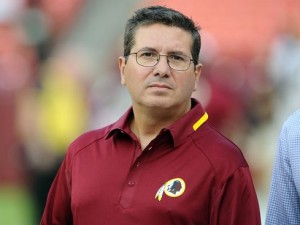By Chuck Brooks, Contributor, The Hill
According to the most recent stats from the Pew Research Center, 11.7 million illegal aliens resided in the United States as of March 2012. To put that into perspective, there are 46 states that have a population less than 11.7 million. Fox News reported that from October 2013 to the end of May 2014, 162,000 people from countries other than Mexico have entered the U.S. across the southern border and 52,000 were unaccompanied children. This is approximately a 100 percent increase from the previous year and it is estimated that 150,000 minors might attempt to cross the border next year.
For this reason, illegal immigration, which has ties to drug smuggling and human trafficking, is continuing to get a lot of attention. In fact, according to Gallup, Americans recently cited immigration as the No. 1 issue in the U.S.; ahead of dissatisfaction with government, the general economy, unemployment/jobs and healthcare.
Cooperation between the Department of Homeland Security (DHS) and Native Americans has already played a significant role in our boarder security, especially in remote areas where drug smugglers and citizens try to enter the U.S. illegally. Today, more than 22,000 Native Americans serve in the Armed Forces and have the highest per capita serving in the military of any ethnic group protecting the homeland.
Additionally, the “Shadow Wolves” are Native American trackers who are part of the U.S. Immigration and Customs Enforcement. Since 1972, the Shadow Wolves have been tracking aliens and drug smugglers attempting to cross the border by looking for footprints, tire tracks, items snagged on branches, bent or broken twigs or even a single fiber of cloth. Their patrol area covers 2.8 million acres and officers estimate that recently they have seized an average of 60,000 pounds of illegal drugs a year.
U.S. Customs and Border Protection and the DHS need to remember the dedication, skill set and strategic geographical intelligence that Native Americans bring to the mix. In order to create a lasting relationship that utilizes their knowledge and aptitude, tribes must have complete access to intelligence and information pertinent to border security. This is something that the government needs to ensure because uninformed tribes will not be useful when protecting the homeland.
Brooks serves as vice president/client executive for DHS at Xerox. He served in government at the DHS as the first director of legislative affairs for the science & technology directorate. He also spent six years on Capitol Hill as a senior adviser to the late Sen. Arlen Specter (R-Pa.) and was adjunct faculty member at Johns Hopkins University where he taught homeland security and Congress. Brooks has an M.A. in international relations from the University of Chicago and a B.A. in political science from DePauw University. He is widely published on the subjects of innovation, public/private partnerships, emerging technologies and issues of cybersecurity. He can be followed on Twitter @ChuckDBrooks.


